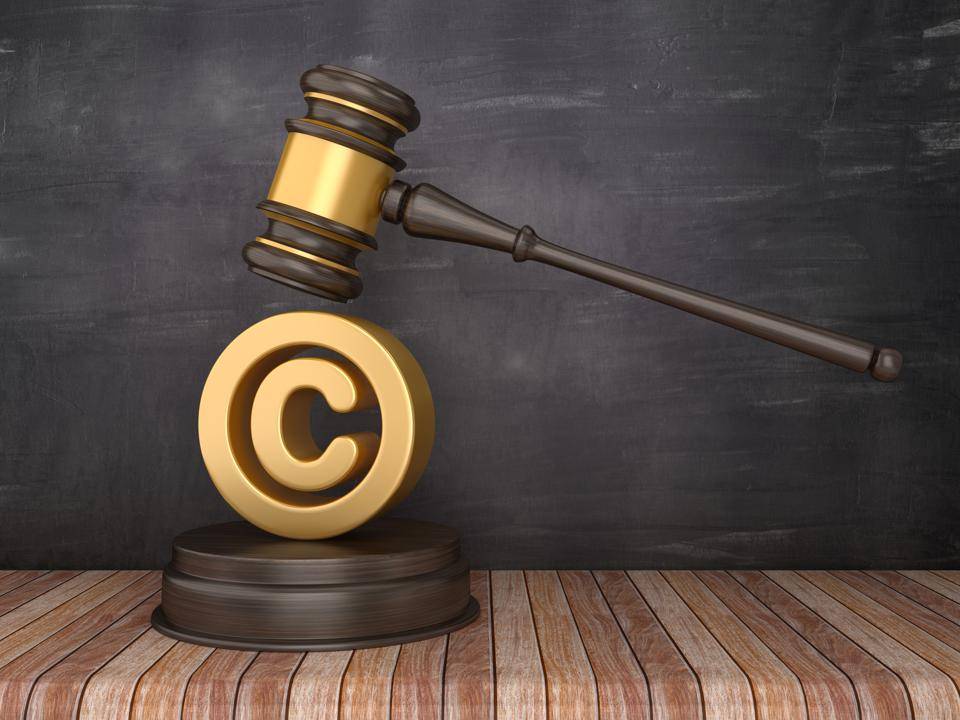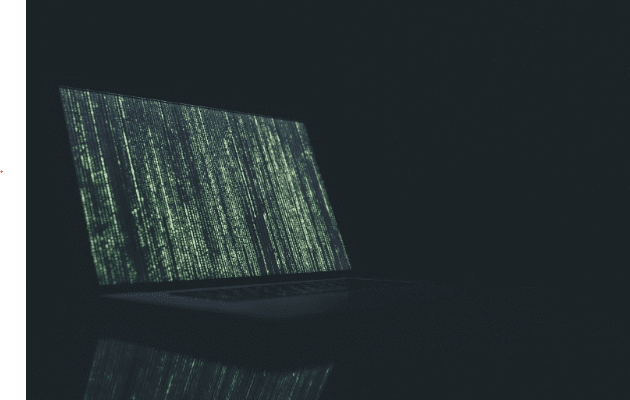How Can Copyright Infringement Protection Improve Your Brand’s Reputation?

When it comes to online piracy, it’s not just about making a quick buck or two. It’s also about damaging the reputation of the brands that are being targeted, a fact these perpetrators often overlook.
By implementing adequate copyright infringement protection measures, you can help ensure that your brand remains untarnished and its reputation remains intact despite the efforts of online pirates.
What is Copyright Infringement Protection?
Copyright infringement protection is a set of measures put in place to protect intellectual property from online pirates. This can include things like:
Watermarking Images
One of the most effective ways to protect your images from online pirates is to watermark them. This involves placing a small, unobtrusive logo or mark on the image that makes it clear who owns the copyright. Watermarks can often deter would-be pirates from using the image as they know that it will be easy to trace back to the source.
How to Watermark Your Images Properly?
When watermarking your images, there are a few things you need to keep in mind to make sure that your watermark is effective:
- Make the watermark small but noticeable. You want it to be visible enough that people will see it if they try to use the image, but you don’t want it to be so big that it detracts from the overall quality of the image.
- Place the watermark in a strategic location. A good rule of thumb is to place it in the bottom right-hand corner of the image. This way, it won’t interfere with the main subject matter of the image but will still be visible if someone tries to use it.
- Use a unique logo or mark. This will make it easier for people to identify the source of the image if they see it being used without permission.
- Add text to the watermark. In addition to your logo or mark, you should also include some text that states who owns the copyright and that unauthorized use is prohibited.
Using DRM Technologies
Another way to protect your intellectual property is to use digital rights management (DRM) technologies. These technologies work by making it difficult or impossible for unauthorized users to access or copy protected content. For example, you might use DRM to prevent people from copying and redistributing a digital book or video.
When using DRM technologies, there are a few factors you need to keep in mind:
- The type of content you’re protecting. Some types of content are more vulnerable to piracy than others. For example, digital video is often targeted by pirates, so it’s crucial to use strong DRM measures for this type of content.
- The level of protection you need. The level of protection you need will vary depending on the sensitivity of the information you’re protecting and the risks associated with unauthorized access or copying.
- How users will access the content. The way that users access the content will also influence the DRM measures you put in place. For example, if users will be accessing the content offline, you’ll need to use different DRM measures than if they’ll be accessing it online.
Taking Legal Action
In some cases, the best way to protect your intellectual property is to take legal action against those who are caught infringing on your copyrights. This can be a costly and time-consuming process, but it is often the only way to send a strong message to would-be pirates that you are serious about protecting your rights.
Why is Copyright Infringement Protection Important for Brands?
As we mentioned before, one of the main goals of online pirates is to damage the reputation of the brands they target. By stealing and distributing copyrighted material without permission, they hope to tarnish the image of these brands in the eyes of consumers.
This is a severe problem because it can lead to a loss of revenue for the brand in question. After all, why would customers want to buy products from a company that can’t even protect its intellectual property?
In addition, copyright infringement can also damage the relationship between a brand and its fans or followers. After all, these are the people who are most likely to be exposed to the pirated material in question. If they see that the brand doesn’t respect its intellectual property, they may start to lose respect for the brand as well.
How Can Copyright Infringement Protection Improve Your Brands Reputation?
There are several ways in which copyright infringement protection can protect your brand’s reputation.
Avoid Lost Sales and Revenue
One of the most obvious ways in which copyright infringement protection can benefit your brand is by avoiding lost sales and revenue. When pirated content is made available online, it’s often of poor quality and doesn’t offer the same level of service or value that your official products and services do.
This can lead potential customers to believe that your brand isn’t worth paying for, resulting in lost sales and revenue. By ensuring that pirated content is taken down quickly, you can help avoid this problem and protect your brand’s bottom line.
Maintain a Positive Brand Image
Another way in which copyright infringement protection can improve your brand’s reputation is by maintaining a positive brand image. When customers see pirated content bearing your name or logo, it reflects poorly on your brand and can damage your reputation.
By taking quick and decisive action to have this content removed, you can help maintain a positive brand image and avoid any negative PR.
The Importance of Maintaining a Positive Brand Image
Your brand’s reputation is one of its most valuable assets. A strong reputation can help you attract new customers, retain existing ones, and charge premium prices for your products and services.
On the other hand, a weak or damaged reputation can do serious damage to your business. It can make it harder to attract new customers and keep existing ones, and it can lead to discounting or other concessions to stay competitive.
Build Customer Loyalty
Finally, copyright infringement protection can also help build customer loyalty. When customers know that you’re taking steps to protect their interests, they’re more likely to be loyal to your brand. This loyalty can lead to repeat business and word-of-mouth marketing, both of which are essential for long-term success.
The Importance of Building Customer Loyalty
Building customer loyalty is essential for any business, but it’s vital for small businesses. Small businesses don’t have the same marketing budgets as larger enterprises, so they need to rely on word-of-mouth and repeat business to grow.
Copyright infringement protection can help you build customer loyalty by demonstrating that you’re committed to protecting your customers’ interests. This commitment can go a long way towards establishing a long-term relationship with your customers, which is the foundation of any successful business.
Taking steps to protect your brand from online piracy is an integral part of doing business in the modern world. By implementing adequate copyright infringement protection measures, you can help ensure that your brand remains untarnished and its reputation remains intact despite the efforts of online pirates.




Responses